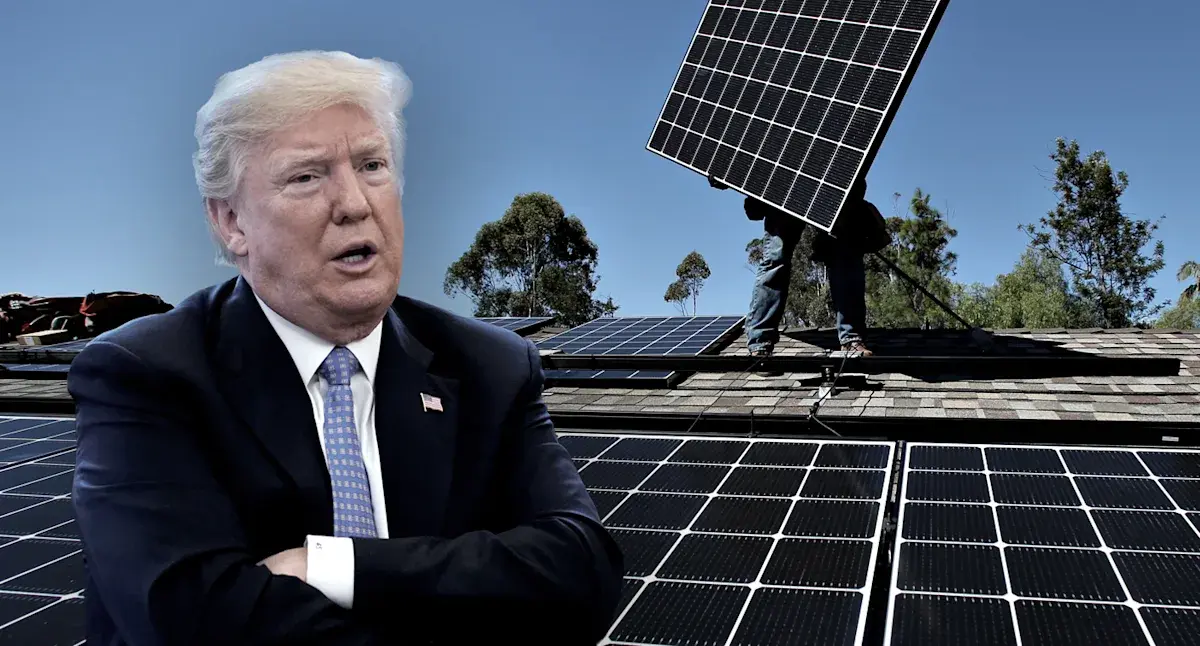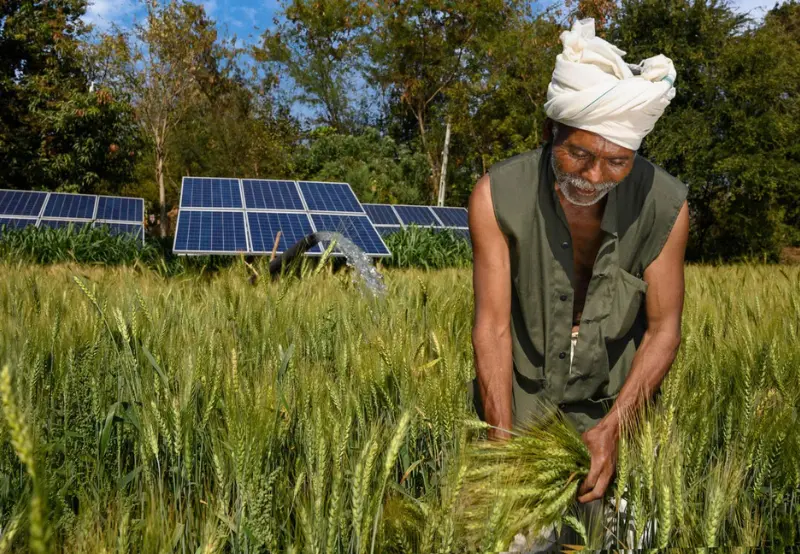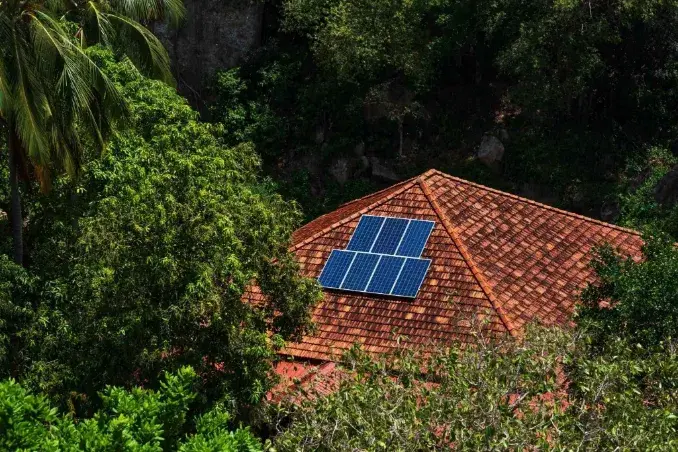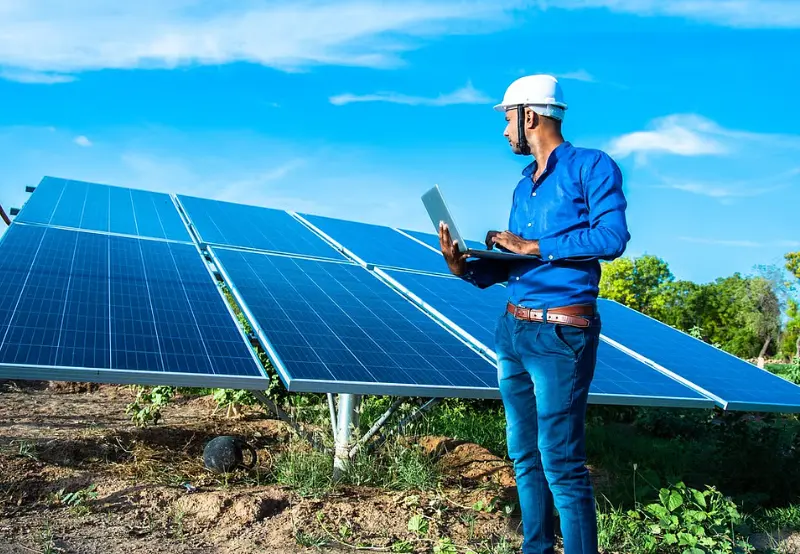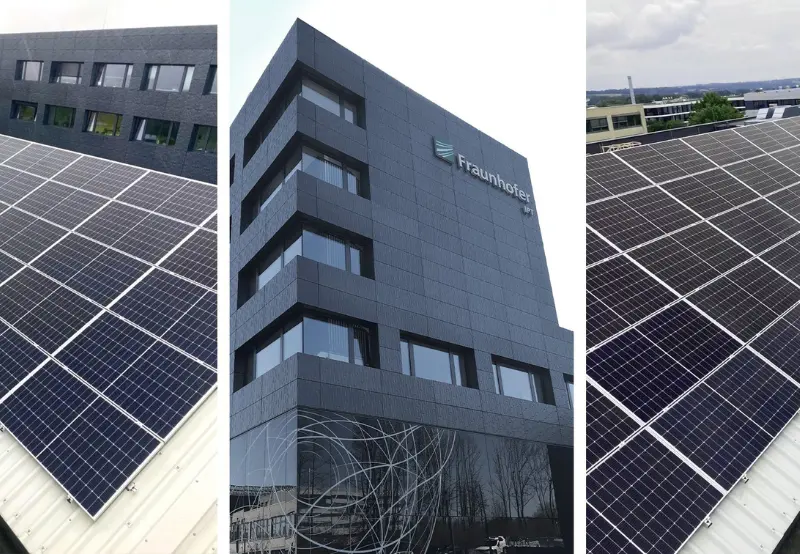Explore the 2025 AD/CVD solar panel investigation launched by the U.S. against India, Indonesia, and Laos. Learn its implications for the global solar market and clean energy goals.
Table of Contents
- Why the AD/CVD Solar Panel Investigation Matters
- What Are AD/CVD Investigations?
- Why India, Indonesia & Laos Were Targeted
- Potential Impact on the Global Solar Industry
- India’s Stand & Industry Response
- A Broader Look: Global Trade and Clean Energy Targets
- Finding Balance in Trade and Climate Goals
Why the AD/CVD Solar Panel Investigation Matters
The latest AD/CVD Solar Panel Investigation by the U.S. Department of Commerce has sent ripples through the clean energy world. This time, the scrutiny falls on India, Indonesia, and Laos, three emerging powerhouses in solar panel manufacturing.
As the U.S. pursues clean energy goals under the Inflation Reduction Act, it’s also focusing on trade fairness—raising concerns that panels from these countries might be unfairly priced or government-subsidised, hurting American manufacturers.
🧾 What Are AD/CVD Investigations?
AD/CVD stands for Anti-Dumping (AD) and Countervailing Duties (CVD). These are tariffs levied when:
- AD: A foreign company dumps products (sells them below cost or market price)
- CVD: A foreign company benefits from unfair government subsidies
Such investigations are often initiated based on petitions from local industries, and in this case, U.S. manufacturer Auxin Solar filed the complaint that triggered the probe.
The aim? To ensure fair competition and protect U.S.-based solar manufacturing.
🇮🇳 🇮🇩 🇱🇦 Why India, Indonesia & Laos Were Targeted
The investigation focuses on crystalline silicon photovoltaic (CSPV) solar cells exported from India, Indonesia, and Laos—countries that have increased exports significantly in recent years.
Key reasons they’re under the lens:
- Suspicions of dumping solar cells at below-market rates
- Alleged use of Chinese inputs to bypass U.S. tariffs on China
- A surge in exports post-2022 Southeast Asia AD/CVD ruling, which excluded these nations
Interestingly, the U.S. previously exempted these nations from earlier anti-circumvention rulings, but their rapid expansion into the U.S. solar market raised red flags.
Potential Impact on the Global Solar Industry
The AD/CVD Solar Panel Investigation could reshape supply chains, especially as U.S. demand for solar continues to soar. Some possible outcomes:
1. Tariff Hikes on Imports
If the U.S. finds merit in the case, it could impose retroactive tariffs as high as 50-250%, drastically raising prices for importers and developers.
2. Project Delays & Cost Escalation
Tariffs on imported panels may lead to:
- Slower project timelines
- Higher capital costs
- Reduced margins for EPC contractors and utility-scale developers
3. Shift in Sourcing Strategies
U.S. firms may pivot to:
- Domestic suppliers (backed by IRA incentives)
- Countries like Vietnam, Malaysia (if not included)
- Build local gigafactories (as seen with First Solar)
🇮🇳 India’s Stand & Industry Response
India has responded with strong diplomatic and industry-level discussions.
Key Points:
- The Indian Renewable Energy Development Agency (IREDA) asserts transparency in pricing.
- Manufacturers like Waaree, Vikram Solar, and Adani Solar insist they maintain WTO-compliant trade practices.
- Indian industry bodies argue that these investigations are protectionist in nature, potentially derailing global climate collaboration.
Some Indian exporters are exploring legal counsel in the U.S. to defend their stance and avoid retroactive duties.
A Broader Look: Global Trade and Clean Energy Targets
While the U.S. defends its solar manufacturing ambitions, many experts argue this move could backfire on climate goals.
Concerns include:
- Slowing the progress of solar capacity additions
- Undermining international climate commitments
- Disrupting supply chains, especially in developing economies
Moreover, with solar panel costs dropping globally, some experts see this move as less about pricing and more about geopolitical influence and reshoring agendas.
Finding Balance in Trade and Climate Goals
The AD/CVD Solar Panel Investigation raises complex questions:
- How do we balance fair trade with climate urgency?
- Can developing countries compete in clean tech without being penalised?
- Will such actions delay or accelerate global clean energy goals?
As the U.S. moves forward, the world will be watching—because what happens in trade courts today could shape the climate outcomes of tomorrow.

